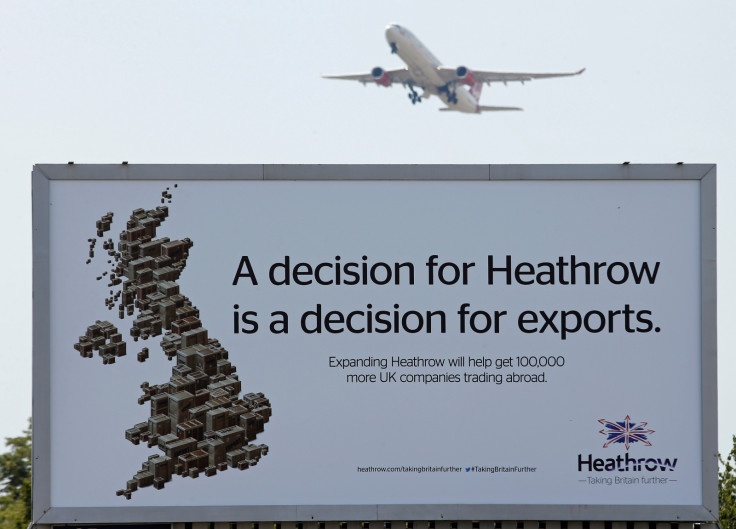BA chief criticizes border control delays at Heathrow
British Airways CEO Alex Cruz described the immigration situation at Heathrow as a "farce," calling it worse than any other European airport.
The head of British Airways is urging the British government to tackle the long delays faced by non-European passengers at Europe's busiest airport — London's Heathrow — or risk discouraging them from coming to its shores.
In a letter Monday to the Times of London, CEO Alex Cruz says two-hour immigration lines are the norm now for many non-European travelers at Heathrow.
His letter was prompted by reports that the British government is considering putting in special fast track lanes for U.K. passport holders only. Cruz says doing this without solving other delays sends a poor message for a country trying to prove it was open for business as it prepares to leave the 28-nation European Union next year.
He described the immigration situation at Heathrow as a "farce," calling it worse than any other European airport.
"What kind of message does this send, as we try to build links outside the EU?" he wrote.
Last month, some passengers at Heathrow's Terminal 4 were forced to wait three hours before being processed at immigration because of what Heathrow chief executive John Holland-Kaye said was a "lack of staffing" during England's second-round World Cup soccer game against Colombia.
The Home Office said this was partially because of a computer failure and because of officers dealing with a high number of vulnerable adults and children.

Up to 40 million people arrive at Heathrow each year. Between January and June 2018, the Home Office says more than 95 percent of all passengers arriving at Heathrow seeking entry to the U.K. have been handled within their target times.
Those times are 25 minutes for passengers from EU countries and a few other European nations and 45 minutes for anyone else.
But according to Cruz, last year Heathrow missed its target for the second group more than 8,000 times and this year it has already missed it more than 6,000 times.
In response, the Home Office defended its stance.
"We understand the frustration for those who have experienced longer waits and remain fully committed to working with our partners to reduce waiting times as far as is possible," it said in a statement. "At the same time, we will not compromise the essential checks we carry out at the border, which keep our country safe."
© Copyright IBTimes 2025. All rights reserved.





















